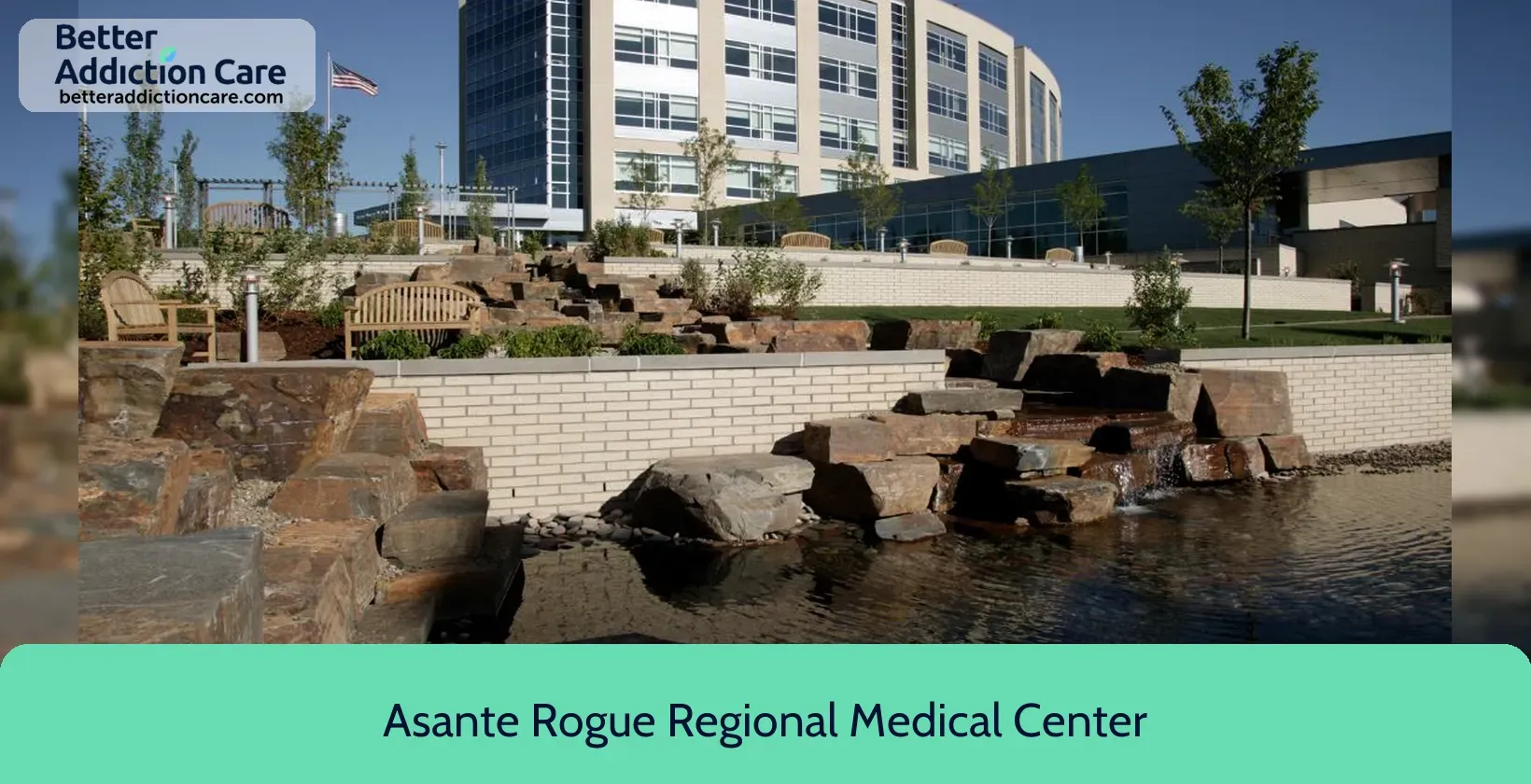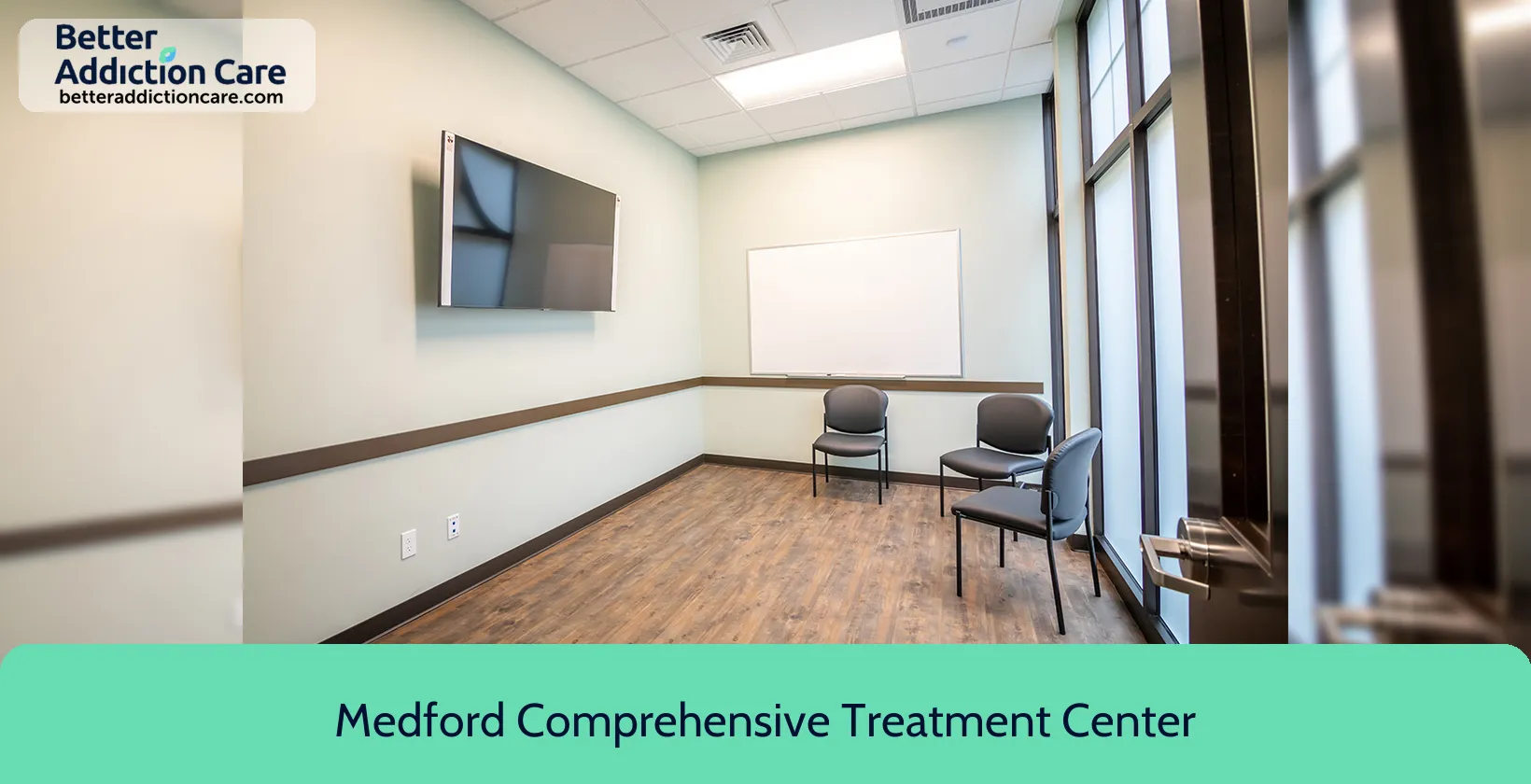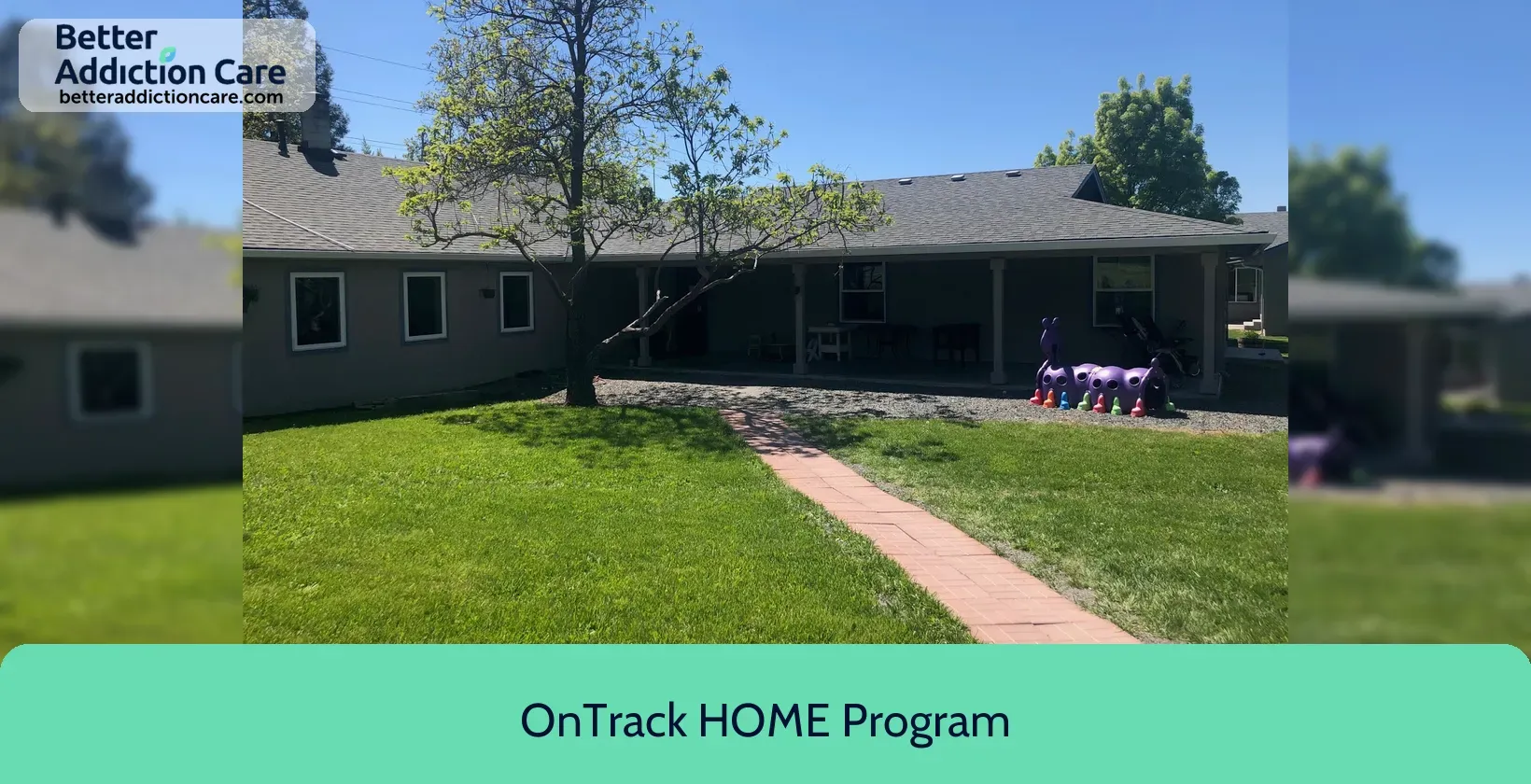Addictions Recovery Center - Christine Mason Residential Program

Overview
Addictions Recovery Center - Christine Mason Residential Program is a substance abuse treatment center for people seeking treatment near Jackson County. As part of their treatment modalities for recovery, Addictions Recovery Center - Christine Mason Residential Program provides cognitive behavioral therapy, substance use disorder counseling, and trauma-related counseling during treatment. Addictions Recovery Center - Christine Mason Residential Program is located in Medford, Oregon, accepting cash or self-payment for treatment.
Addictions Recovery Center - Christine Mason Residential Program at a Glance
Payment Options
- Cash or self-payment
- Medicaid
- Private health insurance
- Federal, or any government funding for substance use treatment programs
- Sliding fee scale (fee is based on income and other factors)
Assessments
- Screening for tobacco use
- Comprehensive mental health assessment
- Comprehensive substance use assessment
Age Groups
- Young adults
- Adults
- Seniors
Ancillary Services
- Case management service
- Mental health services
- Social skills development
Highlights About Addictions Recovery Center - Christine Mason Residential Program
6.86/10
With an overall rating of 6.86/10, this facility has the following balanced range of services. Alcohol Rehabilitation: 8.00/10, Treatment Options: 7.46/10, Drug Rehab and Detox: 6.00/10, Insurance and Payments: 6.00/10.-
Alcohol Rehabilitation 8.00
-
Treatment Options 7.46
-
Drug Rehab and Detox 6.00
-
Insurance and Payments 6.00
Treatment At Addictions Recovery Center - Christine Mason Residential Program
Treatment Conditions
- Mental health treatment
- Alcoholism
- Substance use treatment
- Co-occurring Disorders
Care Levels
- Hospital inpatient treatment
- Short-term residential
- Long-term residential
- Residential detoxification
- Halfway house
Treatment Modalities
- Cognitive behavioral therapy
- Substance use disorder counseling
- Trauma-related counseling
- Smoking/vaping/tobacco cessation counseling
- Group counseling
Ancillary Services
Languages
- Sign language services for the deaf and hard of hearing
Additional Services
- Pharmacotherapies administered during treatment
- Mentoring/peer support
- Breathalyzer or blood alcohol testing
Special Programs
- Clients who have experienced trauma
Get Help Now
Common Questions About Addictions Recovery Center - Christine Mason Residential Program
Contact Information
Other Facilities in Medford

7.29

6.74

6.97

7.56

6.97

6.62

7.17

7.10
DISCLAIMER: The facility name, logo and brand are the property and registered trademarks of OnTrack HOME Program, and are being used for identification and informational purposes only. Use of these names, logos and brands shall not imply endorsement. BetterAddictionCare.com is not affiliated with or sponsored by OnTrack HOME Program.
